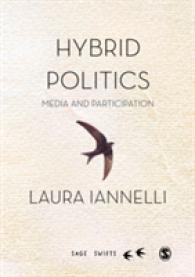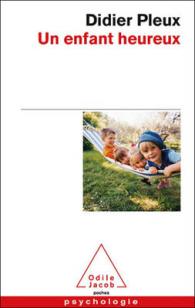- ホーム
- > 洋書
- > 英文書
- > Literary Criticism
基本説明
Analyzes how the concept of labor as a calling, which was assisted by early modern experiments in democracy, print, and Protestant religion, had a lasting effect on the history of authorship as a profession.
Full Description
Looking at texts by non-aristocratic authors, in this study Laurie Ellinghausen investigates the relationship between nascent early modern notions of professional authorship and the emerging idea of vocation - the sense that one's identity is bound up in one's work. Ellinghausen analyzes how the concept of labor as a calling, which was assisted by early modern experiments in democracy, print, and Protestant religion, had a lasting effect on the history of authorship as a profession. In so doing, she reveals the construction of an approach to early modern authorship that values diligence over the courtly values of leisure and play.This study expands the scope of scholarship to develop a cultural history that acknowledges the considerable impact of non-aristocratic poets on the idea of authorship as a vocation. Ellinghausen shows that our modern, post-Romantic notions of the professional writer as materially impoverished-and yet committed to his or her art-has recognizable roots in early modern England's workaday lives.
Contents
Introductionoccupational identity in Isabella Whitney's A Sweet Nosgay; The uses of resentment: Nashe, Parnassus, and the poet's mystery; 'Laborious, yet not base': Jonson, Vulcan, and poetic labor; The new bourgeois hero: the individualist project of John Taylor 'the water poet'; 'One line a day': George Wither's process; Bibliography; Index.








